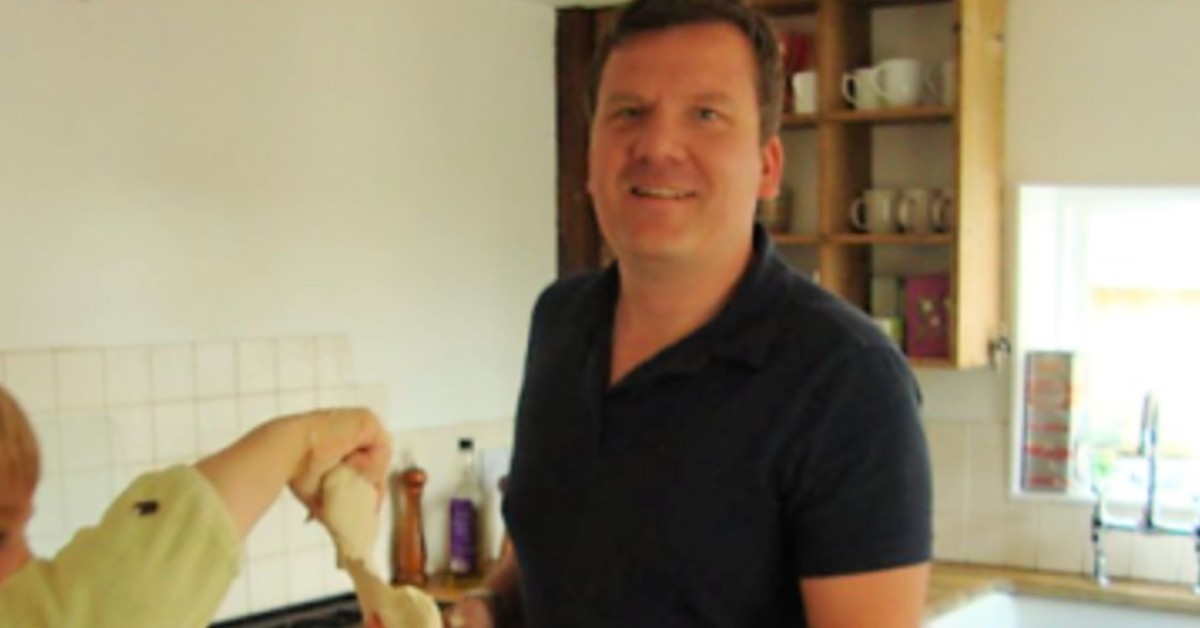
In Christmas 2017, the author met with their eldest son, Piers, for lunch and noticed that he seemed unwell, having lost weight and appearing run down. Piers had been experiencing backaches, indigestion, and an upset stomach for two months at that point. He hadn’t visited the doctor in years, as he had always been fit and healthy, regularly engaging in activities like running and boxing and maintaining a healthy diet. Piers was married to Katherine, had two children named Farley and Alice, and had recently landed his dream job at The Natural History Museum in London. However, the job required him to stay in London during the week and travel to Suffolk on weekends.
Piers revealed to the author that the doctor had attributed his health issues to stress, but he didn’t feel like himself. Little did they know that this conversation would mark the beginning of a harrowing journey. Over the next few months, Piers’s condition deteriorated rapidly. He lost four stone and began experiencing excruciating nighttime pain. Although the author had a gut feeling that something was seriously wrong, it was devastating when Piers was finally diagnosed with Stage 4 pancreatic cancer in April 2018, following a CAT scan.
Upon hearing the diagnosis, the author rushed to Piers’s side, offering words of hope and encouragement, believing in the possibility of a miracle cure. However, Piers, with remarkable bravery, expressed the grim reality. Doctors had determined that the tumors were inoperable due to their size and proximity to a vein. While this news shattered the author, they remained proud of Piers’s strength and determination to keep fighting for his wife, Katherine, and their children.
Desperate for a solution, the author’s daughter Clare’s husband, who worked in cancer research in the United States, sent Piers’s scans to colleagues worldwide, hoping to find an alternative treatment. Sadly, nothing could be done due to the advanced stage of the cancer. The medical team conducted further tests and biopsies, and Piers was put on a high-calorie diet to prepare him for the strongest possible chemotherapy regimen, aiming to shrink the tumors and extend his life.
Despite the brutal side effects of the treatment, which left Piers bedridden for days at a time, he pushed himself to continue working and living life as normally as possible. After six months of chemotherapy, he underwent six weeks of radiotherapy. Unfortunately, when Piers returned for follow-up scans, it was disheartening to learn that the tumors had not shrunk; in fact, they had grown.
This news devastated Piers, as he had held onto hope that the aggressive treatment would make a difference. For the author, witnessing their son’s disappointment was heart-wrenching. Despite their collective efforts and determination, it became clear that the advanced nature of the disease left little room for a positive outcome.




